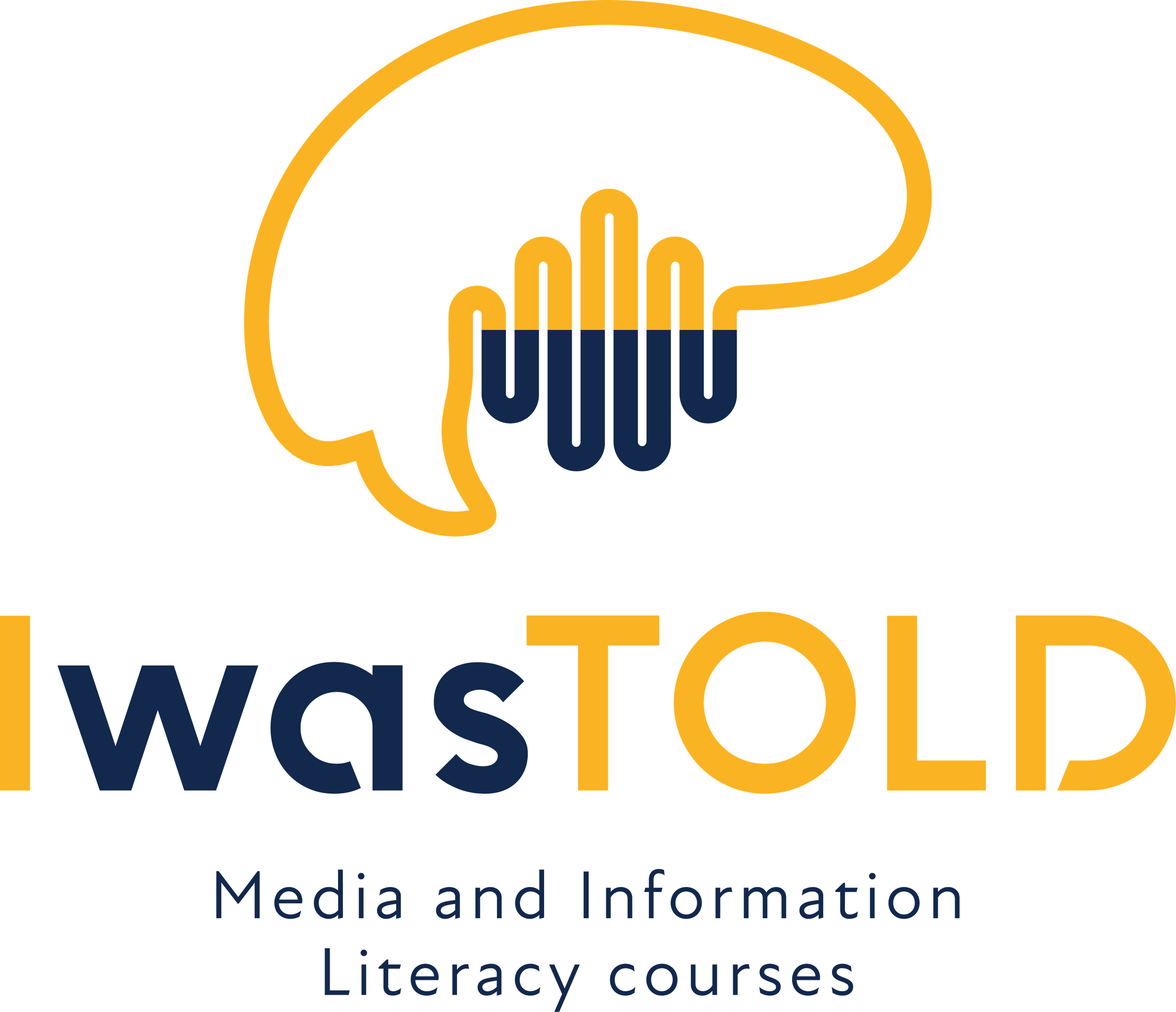4. MEDIA LITERACY AND NEW DIGITAL MEDIA ECOSYSTEM
-
New Media Ecosystem and Media Education 3.06 Topics|4 Quizzes
-
Platforms: The Power of GAFAM (Google, Apple, Facebook, Amazon and Microsoft)5 Topics|3 Quizzes
-
Algorithms and Their Role in Contemporary Digital Media Business6 Topics|4 Quizzes
-
Netflix and Algorithmic Literacy6 Topics|4 Quizzes
-
Fact-Checking Services as New Form of Digital Media5 Topics|3 Quizzes
Participants14
All GAFAM platform companies exercise invisible control over users since they operate without transparency: algorithms are used to track users, collect data and personalize content in ways we cannot see.
A widespread practice in platforms nowadays is datafication: it involves converting a variety of spheres of our life into data: relationships, locations, emotions, behaviors, political, religious, cultural, sexual preferences etc. These data are used by platform companies not only to enhance our experience but to help to expand their arsenal of services, to target advertising, also often to guide political messaging.
Platforms not only collect and analyze our data, but they can also change our behaviour. As described by, Shoshana Zuboff (2019), the author of the book The Age of Surveillance Capitalism : the Fight for a Human Future at the New Frontier of Power: “It is not simply about tracking us and selling ads, it is the business model for an ominous new marketplace that aims at nothing less than predicting and modifying our everyday behaviour – where we go, what we do, what we say, how we feel, who we’re with. Fundamentally new form of power and unprecedented concentrations of knowledge in private companies free from democratic oversight and control”.
Platforms algorithmically personalize the content to attract more consumers and to maximize our engagement with them. Our access to information is filtered using a variety of opaque algorithmic techniques that limit information by showing us only the content that is thought to be the most relevant. These filters are at the core of how platforms determine the information supplied to each individual user.
It is also common practice for some of platforms to develop algorithms that amplify and broadly spread popular content: disinformation, sensational information and extreme messages are proven by research to spread faster and attract more users. The integrity of the democratic process is violated when information that could influence this process is manipulated in this way.
Different solutions in academic and policy discourses are suggested to meet these challenges, including: a) self-regulation of platform companies; b) legislative responses from governments; c) support for media users through media literacy by fostering a deeper understanding of platformization and its impact on daily life. You can find more information about these solutions in our study course “Digital Media Economy and Digital Media Literacy”.
